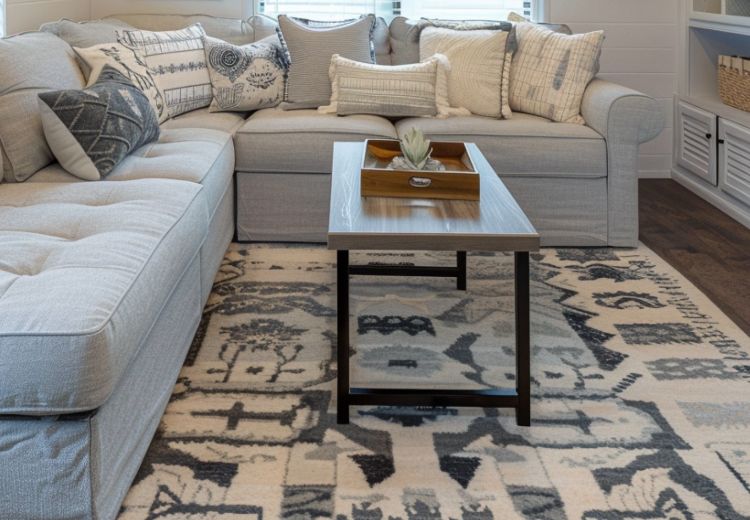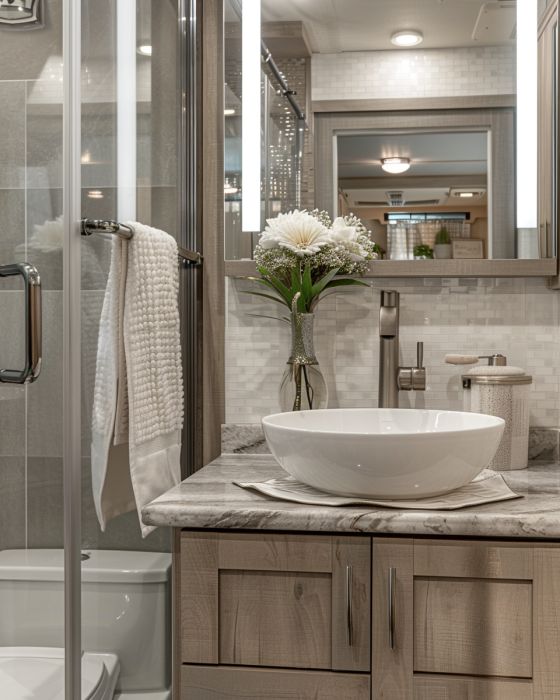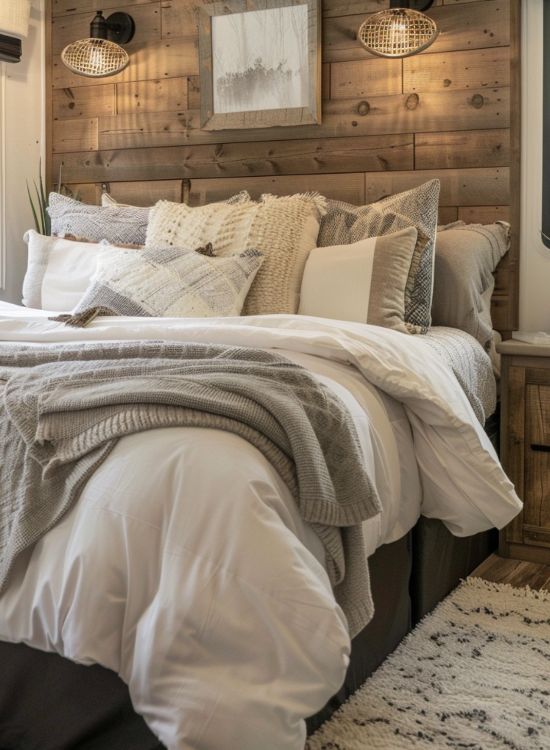For months, Sarah Thompson’s life had been reduced to the cramped backseat of her aging sedan. The car became her bedroom, her closet, her dining table, and her hiding place from a world that seemed to have forgotten her. Every night, she would park in a quiet corner of a grocery store lot or outside a 24-hour gas station, praying no one would notice. She layered herself in worn-out blankets to fight off the cold, and when that wasn’t enough, she kept the engine running until the last drops of gas were gone.
Privacy was nonexistent. Rest was shallow. The constant fear of a knock on her window kept her heart racing even when her body begged for sleep. She avoided mirrors, too. Every glimpse of her own reflection only reminded her of what she had lost — her job, her apartment, and the sense of stability she once thought was permanent.

Sarah had not always lived this way. Just a year earlier, she had been working as a receptionist at a busy medical clinic. It wasn’t glamorous, but it gave her enough to pay the bills, keep food in the fridge, and daydream about a more comfortable future. But when the clinic closed due to financial cuts, she found herself suddenly unemployed. Job applications piled up with no responses, and soon, rent notices turned into eviction papers.
When the last of her savings disappeared, Sarah had nowhere to turn. With no close family nearby and no safety net to catch her, she reluctantly moved into her car, believing it would only be for a few weeks. But weeks stretched into months.
Her lowest moments came when she tried to maintain her dignity. She washed up in gas station restrooms, using paper towels to freshen up before interviews that never led anywhere. She brushed her teeth in fast food bathrooms, staring at her reflection under harsh fluorescent lights and hardly recognizing the woman looking back.

Then came the day everything changed.
Through a local outreach program, volunteers learned about Sarah’s story. They decided to come together to provide her with something she never expected: a tiny home of her own. Not just temporary shelter, but a permanent space where she could breathe again.
When Sarah was handed the keys, she thought it was a mistake. But the moment she stepped through the door, she realized it was real. The home was small, yes, but it was warm, safe, and filled with thoughtful touches that made it feel alive. There was a little kitchen with stocked shelves, a soft bed made up with clean linens, and sunlight pouring through curtains that fluttered in the breeze.
And then she walked into the bathroom.
For the first time in months, she stood in front of a clean mirror that belonged to her. No fluorescent gas station lights. No strangers knocking on the stall door. Just her reflection — tired, weathered, but undeniably human.
The weight of everything she had endured came crashing down. Sarah broke into tears, gripping the sink as she whispered, “This mirror doesn’t just show me. It shows me a future I thought I’d never have.”
That night, she showered until the water ran cold, letting the steam wash away months of fear and shame. She curled into her new bed, wrapped in the comfort of silence, and slept through the night without the dread of being woken by flashing headlights or a police knock.
For Sarah, the tiny home was more than four walls. It was dignity restored. It was proof that she mattered. And in that bathroom mirror, she finally saw not just herself — but hope staring back at her.


Leave a Reply